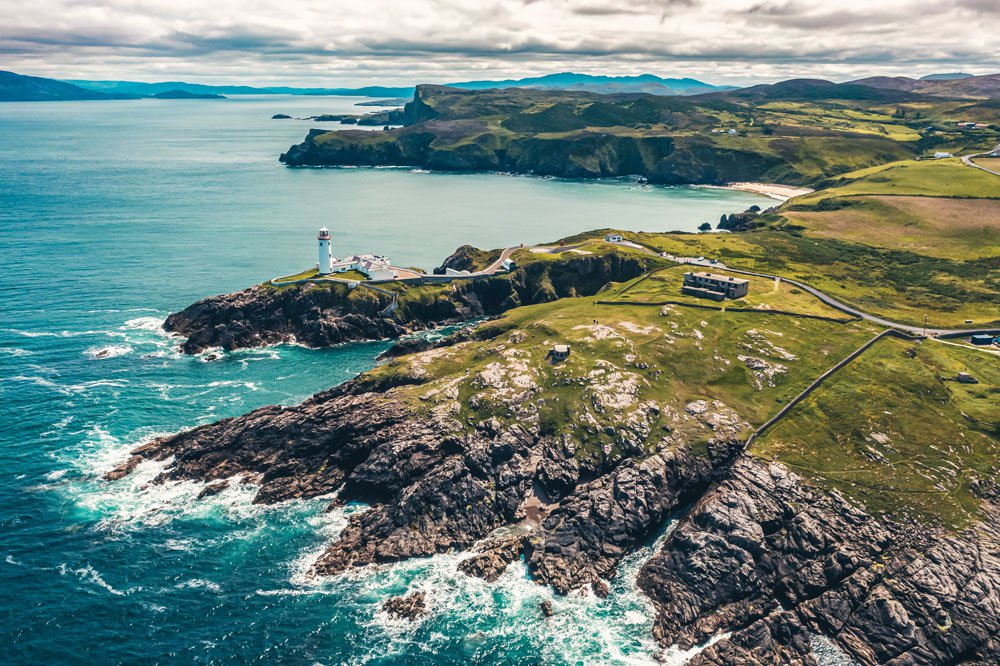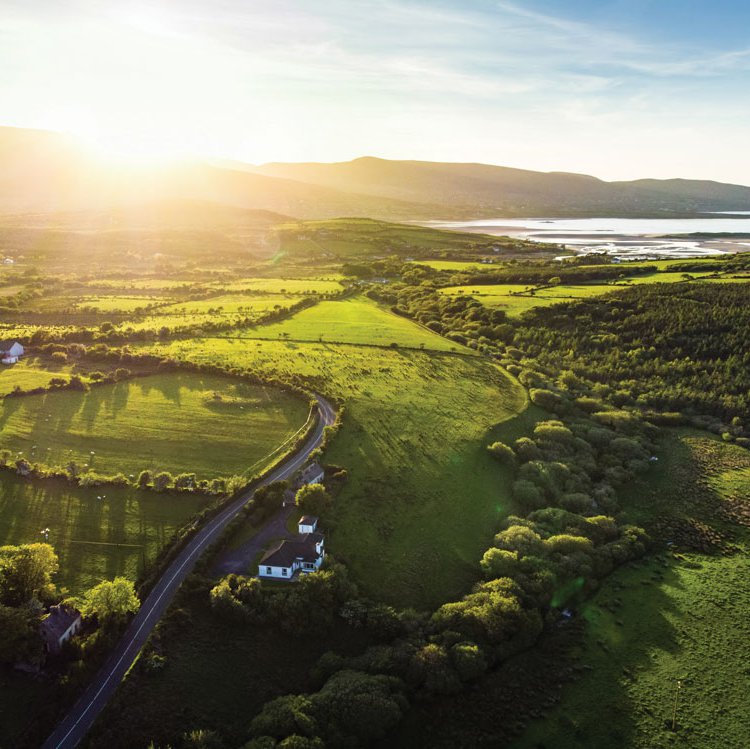Mowi Ireland is the world’s leading supplier of farm-raised, organic salmon. How did the company start?
Catherine: Mowi Ireland began in 1979 in the Fanad Peninsula in Donegal. It was founded by a group of college friends – one of whom was a teacher in Dublin, but he wanted to try something different. So, he established a trout farm with two Irish shareholders. In the 1980s they enlisted the help of a Norwegian company called Mowi, which led to the first partnership with Mowi. In subsequent years, as the company grew and became more successful within Donegal, it was taken over by other Norwegian interests before it came full circle and merged with the larger Mowi Group a few years ago.
Why is the coast of Ireland such an incredible environment to farm salmon?
Catherine: Ireland’s west coast – the Atlantic coastline – is sparsely populated. There’s not a lot of industry and activity other than a few rural farming and small coastal communities. As a result, the waters in this region are pristine and in a completely natural state, which is perfect for farming Atlantic salmon.
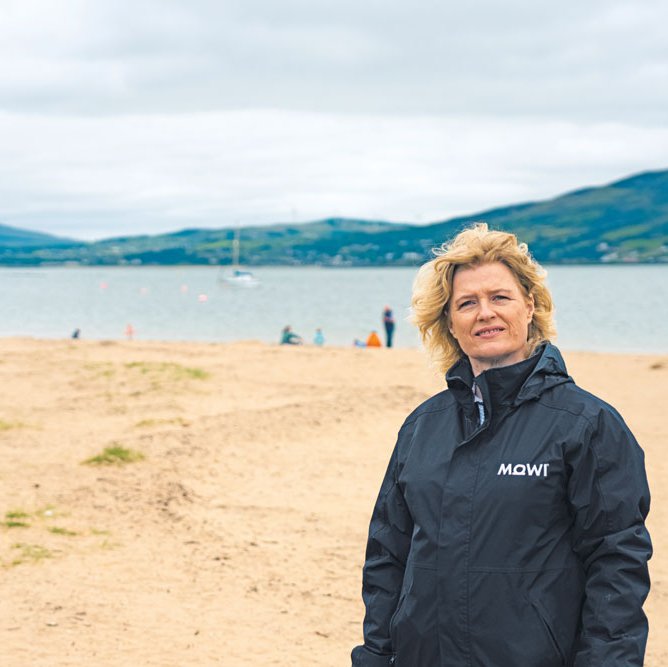
Catherine McManus
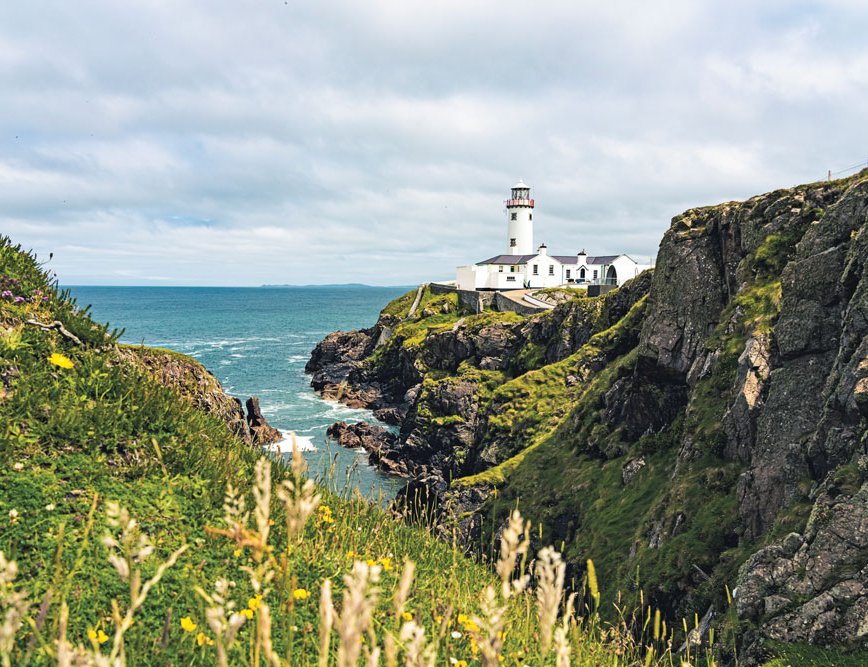
The west coast of Ireland offers pristine marine environment s for farming salmon
How does the farming process work?
Catherine: We have a full cycle – known as a closed herd cycle – that covers every stage from breeding to harvesting. We have our own juvenile production units or hatcheries in Donegal. The juvenile fish are sent to our sea sites along the western coast of Ireland from the north in Donegal down to Kerry in the south. the first phase of the production cycle involves only freshwater – covering breeding, spawning of eggs, fertilisation and hatching – and lasts around 14 months in land-based tanks.
The young salmon then undergo smoltification, which is a series of physiological processes that help them adapt to living in seawater. At that stage we move them to pens at sea for a further 20 months. We have approximately 14 sea sites. All in all it takes close to three years to rear fish for harvesting.
The organic salmon we source from Mowi Ireland is always consistent in terms of flavour and quality. What steps do you take to ensure premium quality in each batch?
Catherine: Our entire production process – from breeding stock right through to harvesting – is based on organic principles. The feed that we give our fish must adhere to organic principles in terms of ingredients, but at the same time we have to meet the nutritional needs of the fish. The feed is carefully selected and includes ingredients such as fish meal and fish oil from trimmings, organics peas, beans, wheat as well as vitamins and minerals.
We have low-density rearing for our fish; the maximum density of fish in seawater pens is 10 kilos of fish per cubic metre of water space. This gives them plenty of room to grow and develop. We also have to manage pests and diseases very carefully. All our fish are vaccinated for the most common salmon diseases before they get sent to pens in the sea. At that stage we have to be prepared for naturally occurring parasites. We prepare for that by introducing cleaner fish into our salmon population. These fish naturally graze on parasites found on other fish. We’ve adapted that for our salmon farming operations. As a result, we rarely ever have to treat our salmon for parasites.
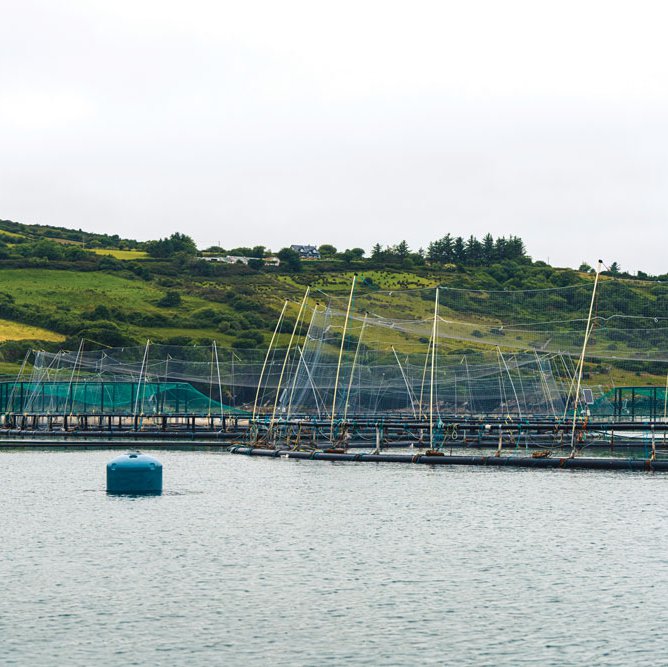
The salmon pens at sea are large with plenty of room for the fish to grow and develop;
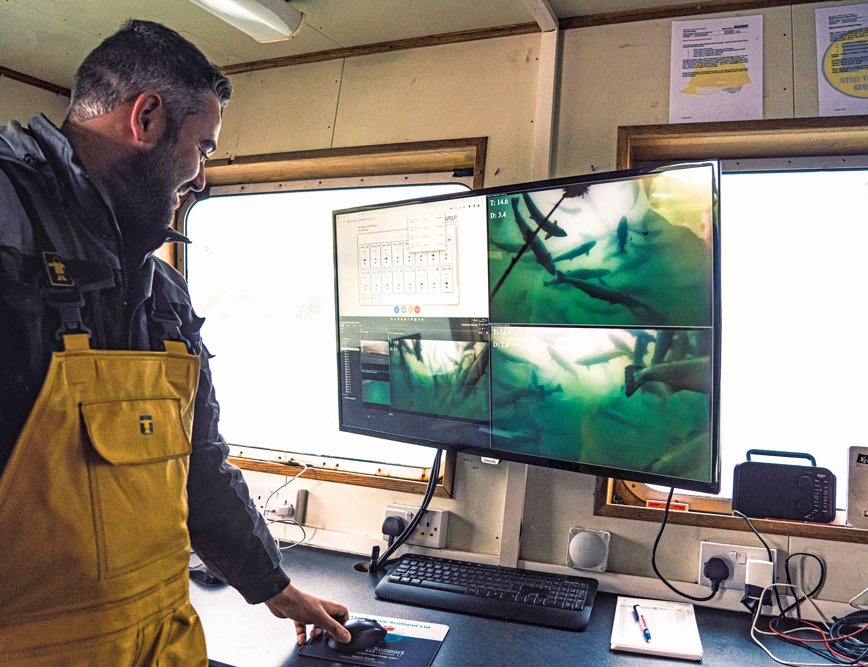
Pens are closely monitored
Tell us about the role of sustainability in Mowi Ireland’s production processes.
Catherine: Pristine freshwater and marine environments are essential to the production of fish, especially our organic farming operations. As I said earlier, we’ve been farming here since 1979. That’s a long legacy and sustainability is an important component of our business. We aren’t only focused on environmental stability, but also social and economic stability. We employ people in coastal and marginal communities that don’t have many other employment opportunities. Many of our employees are third-generation farmers (their grandparents started working with us in the early days). These are the three pillars of sustainability that we take care of because we rely on natural resources as well as human resources.
Salmon is naturally high in Omega-3. Why is this important for our diet?
Catherine: Salmon is a carnivorous fish, which feeds on other fish in the wild. As a result, they accumulate marine oils in their bodies. These oils are rich in Omega-3 fatty acids particularly EPA and DHA, which are essential for heart and neurological health. Since the human body doesn’t manufacture these nutrients on its own, we rely on fish to add these fatty acids to our diets.
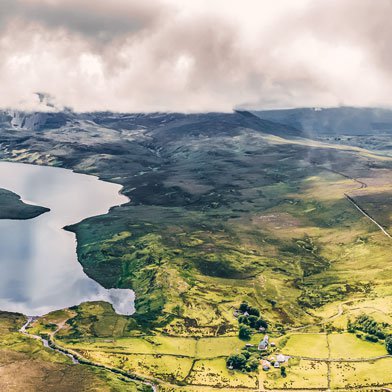
Mowi Ireland is passionate about sustainability and ensures it s salmon are responsibly produced
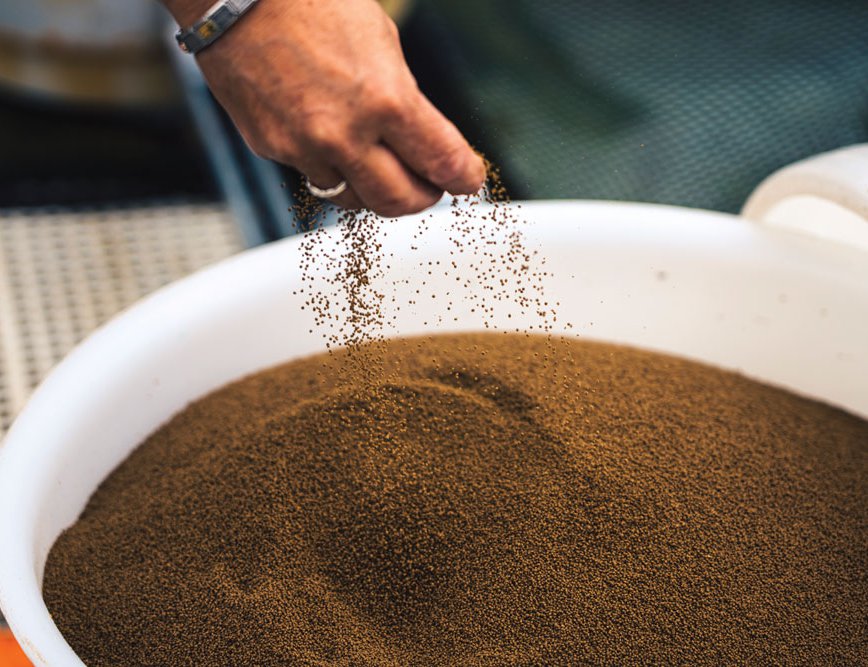
Feed is carefully selected and adheres to organic guidelines
Spinneys Buyer - Seafood Ciaran Stafford says…
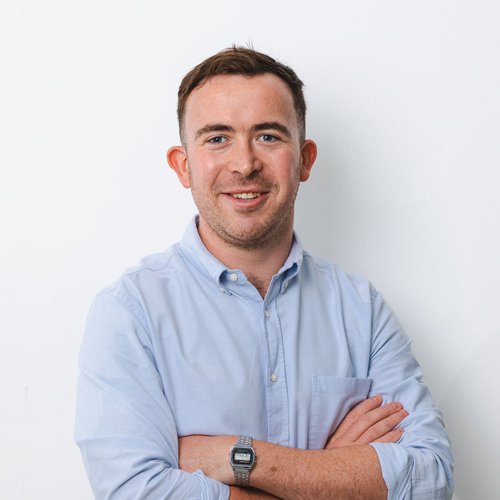
“When it comes to seafood the most important element Spinneys looks for is quality. In the case of Mowi Ireland, we have visited its facilities, and it’s evident that the team is passionate about salmon. The team goes to great lengths to ensure their fish receive the best care from the earliest stages of the farming process right up until harvest. This directly impacts the flavour and quality of the final products. Mowi Ireland is also one of the top organic salmon suppliers in the world.”
